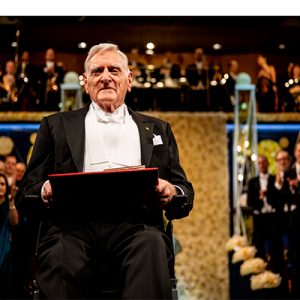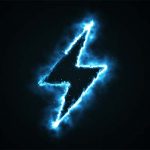 Are you a student working on energy storage and conversion? Join us at the 239th ECS Meeting with the 18th International Meeting on Chemical Sensors (IMCS) for the opportunity to present your research! The special symposium, entitled A04-Battery Student Slam 5, is dedicated to students working on energy storage and energy conversion.
Are you a student working on energy storage and conversion? Join us at the 239th ECS Meeting with the 18th International Meeting on Chemical Sensors (IMCS) for the opportunity to present your research! The special symposium, entitled A04-Battery Student Slam 5, is dedicated to students working on energy storage and energy conversion.
The student slam offers students the opportunity to present flash oral presentations of their work in a 10-minute time slot. All students enrolled at any valid degree-granting institution may submit an abstract describing the presentation. New materials and designs, performance studies, and modeling of all types of batteries, supercapacitors and fuel cells, including aqueous, non-aqueous, polymer electrolytes, solid electrolytes, and flow systems are of particular interest. (more…)


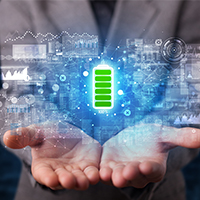
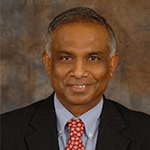 On June 17, 2020,
On June 17, 2020, 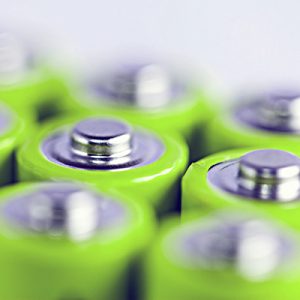
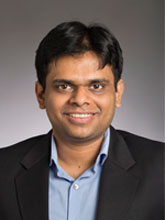 Online Battery Symposium Inspires Action
Online Battery Symposium Inspires Action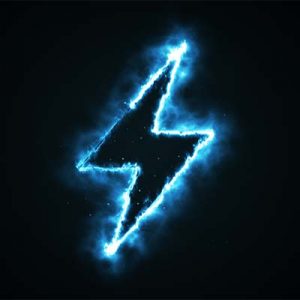
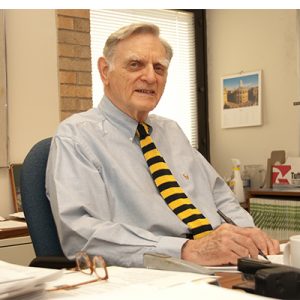
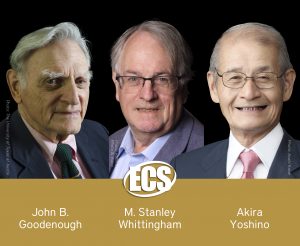 The Electrochemical Society honors 2019 Nobel Chemistry Prize laureates, John B. Goodenough, M. Stanley Whittingham, and Akira Yoshino, by the launch of a
The Electrochemical Society honors 2019 Nobel Chemistry Prize laureates, John B. Goodenough, M. Stanley Whittingham, and Akira Yoshino, by the launch of a 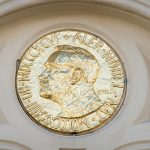 John Goodenough, Stanley Whittingham, and Akira Yoshino
John Goodenough, Stanley Whittingham, and Akira Yoshino